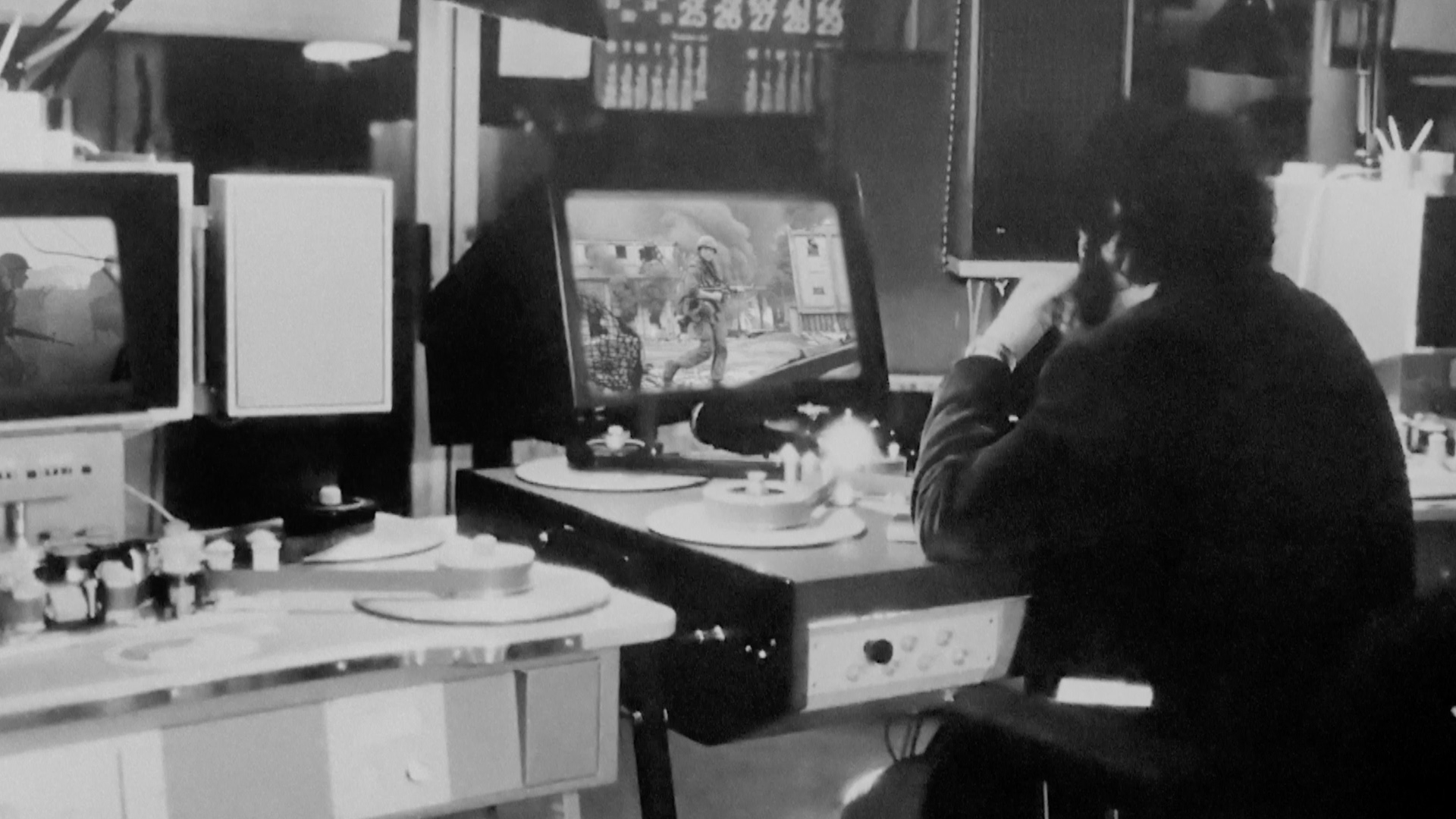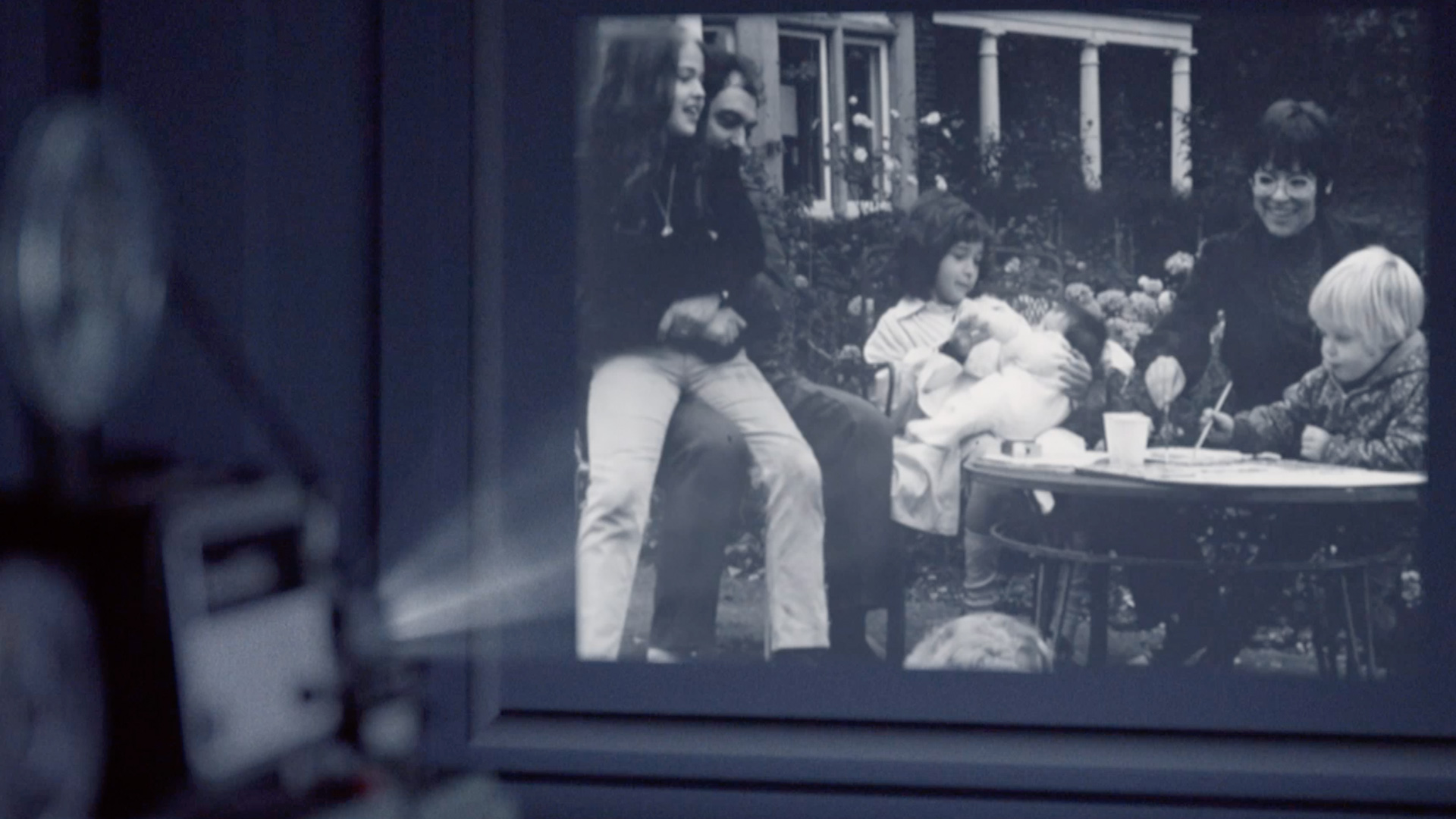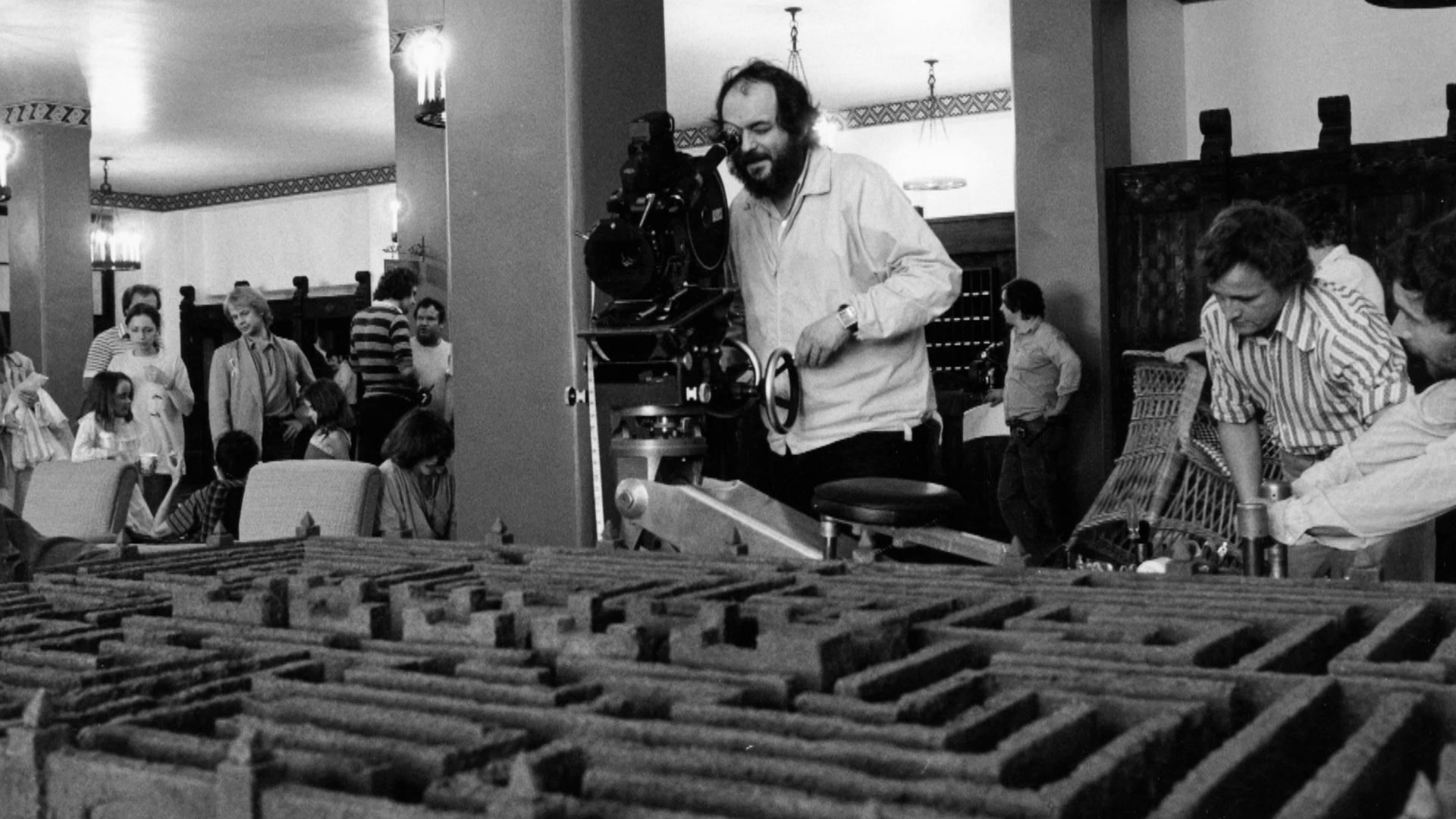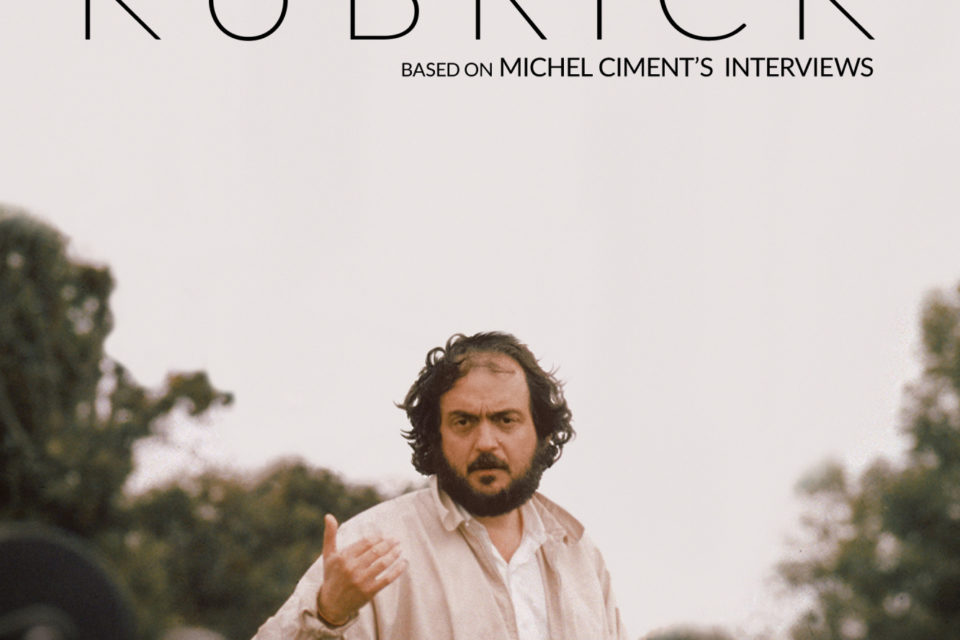Near the beginning of the one-hour documentary, Kubrick by Kubrick (Level 33 Entertainment; Digital/VOD on March 21, 2023) a French woman is shown at a podium making a presentation about the esteemed filmmaker.
With English subtitles we hear her say, “Stanley Kubrick directed only 13 films in 40 years but each one has been an event. The filmmaker has made the best epic film (a scene from Spartacus is shown), the best science-fiction film (2001: A Space Odyssey), the best film about urban violence (A Clockwork Orange), the best horror film (The Shining), the best film about the Vietnam war (Full Metal Jacket).
Regardless of the debate, her point is valid: no one can argue that it is quite a diverse array of genres for a single director to achieve that level of prominence.
Much has been written and produced about Kubrick, but French documentarian Gregory Monro offers something fresh and uncommon here from the elusive Kubrick, who died in 1999. That is, numerous comments from Kubrick himself about many of his films, culled from four audio interviews with French film critic Michel Ciment provided with the support of Stanley Kubrick Film Archive. Ciment had unique frequent access to the media-reclusive Kubrick over 10 years starting shortly after the 1972 release of A Clockwork Orange. Ciment published the biography Kubrick in 1980 and appears in several of many archival video clips here, and many audio-only clips with he and Kubrick that dominate this film. The film is also dotted with photographs of Kubrick at work on set and at his home editing suite.

That’s where Kubrick by Kubrick is most compelling – when Ciment asks the filmmaker about the apparent appeal to him of bucking tradition, Kubrick responds:
“One of the… failures of 20th century art and all art forms is an obsession with total originality. Innovation means moving it forward but not abandoning the classical art form that you are working with. The real explosion will come when someone finally liberates the narrative structure.”
That’s about as personal and thought-provoking as Kubrick gets here, and the most controversial is when he mentions that he chose Ryan O’Neal for the lead role of Barry Lyndon because he “couldn’t think of anyone else.” “Barry Lyndon has to be physically attractive – he couldn’t be played by Al Pacino or Jack Nicholson.”
The comments by Kubrick are limited to maybe half the 62-min film, so the rest is filled with archival footage and interviews, as well as rare home movies and photographs of Kubrick at home with his family.

Nicholson, who starred in Kubrick’s The Shining five years after Barry Lyndon, is one of a dozen stars seen from decades ago, most of whom are heard sharing their own anecdotes about the famously extraordinary and exhausting number of times Kubrick shot each scene before he was satisfied.
“The amount of reasons that he has, as to why a take is not acceptable,” Nicholson recalls. “Quintessentially perfectionist.
Barry Lyndon composer Leonard Rosenman described Kubrick demanding 105 Takes for a very simple military march for which “Take 2 was perfect.” “The orchestra looked at me as if we’re dealing with an insane person.”
Says Garrett Brown, steadicam operator on The Shining, “We had discussions about the elusive quality of perfection because by Take 75 a host of other things start going wrong — the tape finally gives out that held something onto the wall, entropy takes over, we’re all getting older – this search is extraordinary; he never gives up.”
The celebrity archival clips also include comments during a Diane Sawyer TV interview with Tom Cruise and Nicole Kidman about Kubrick’s final film Eyes Wide Shut. Mixed in with others such as Malcolm McDowell (Clockwork Orange), Sterling Hayden (Dr. Strangelove), Marisa Berenson (Barry Lyndon), and a panel discussion with the late American film critic Roger Ebert, are archival interview clips with Arthur C. Clarke and other writers and academics about the concepts of space travel and our place in the universe.

Director Monro (International Emmy Awards nominee for his 2018 documentary Michel Legrand, Let the Music Play) doesn’t worry about presenting Kubrick’s films in chronological order or any kind of order, which is fine – just interesting – nor does he worry about giving equal time to each film. Barry Lyndon takes up about 15-minutes of the first 20-minutes (which is fine with me), and he lets shots of nudity from the film linger on our screen, just as we see multiple shots of the many nude women in Eyes Wide Shut and Kidman’s scene in which she is standing and wearing very revealing, sheer, tight-fitting underwear from the same film (I’m also not complaining about any of this either; just reporting what is presented).
Monro deftly spices up the audio-only recordings with a few archival on-set photographs and mostly visual images of the sterile French bedroom in 2001, in which he digitally inserts various objects around the room and programs on the TV screen relating to the movie being discussed in the audio comments.
In addition to cable and satellite VOD services (DirecTV, DirecTV U-Verse, Dish, Spectrum, Verizon Fios, Xfinity, etc.) here is a partial list of digital VOD services offering Kubrick vs Kubrick:
Apple TV / iTunes
Amazon
Sling
Microsoft XBox
Google Play
YouTube Movies
Vudu / Fandango
Hoopla Digital
— By Scott Hettrick
